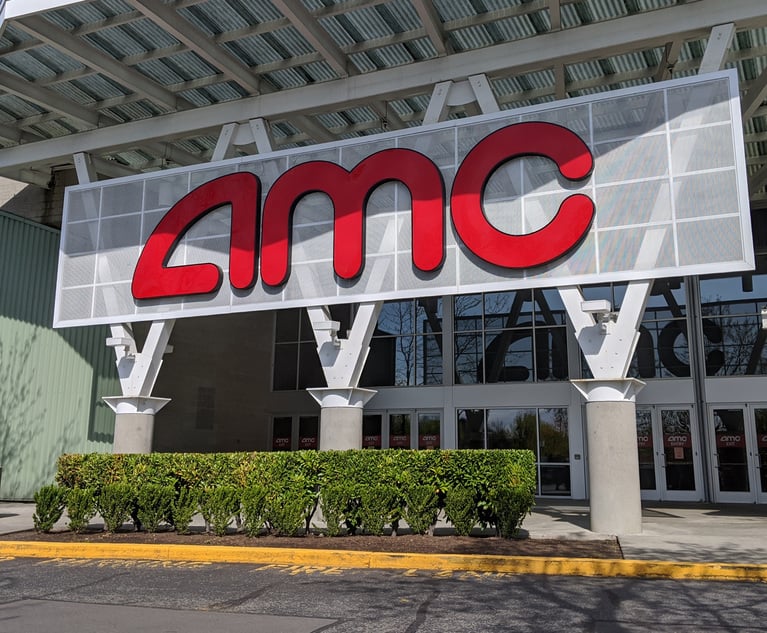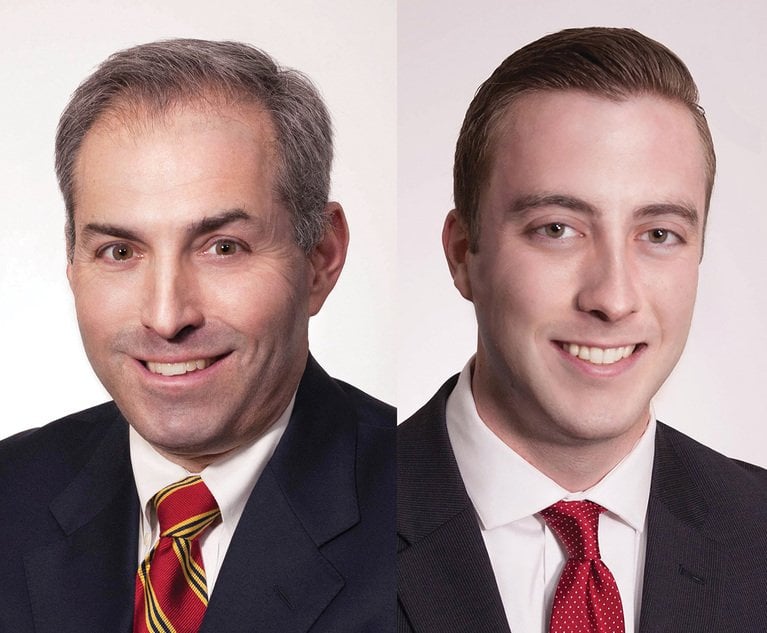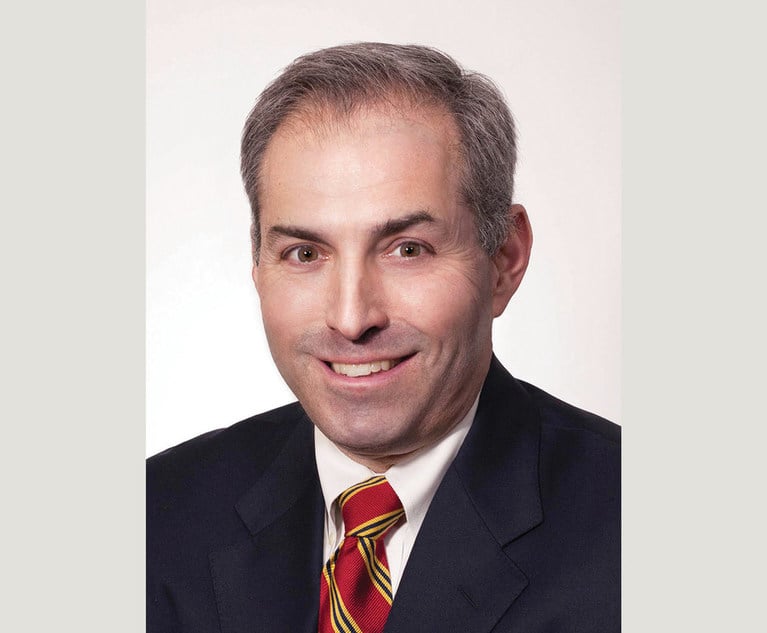Delaware’s demand futility analysis for derivative claims is designed to prevent stockholders from divesting the board of its control of an asset and enabling stockholders to pursue weak claims. To plead demand futility under Court of Chancery Rule 23.1, a plaintiff must allege with particularity that a majority of the board is interested or beholden to an interested person. A qualifying interest for purposes of pleading demand futility may be financial or a personal interest in the transaction, but a substantial risk of liability by a majority of the board in connection with the transaction is also sufficient to plead demand futility. However, if a plaintiff can only allege violations of the duty of care against a majority of the board, the Court of Chancery will dismiss the claim because exculpation under Section 102(b)(7) of the Delaware General Corporation Law (DGCL) will prevent that board majority from facing a substantial risk of personal liability. Pleading bad faith against a majority of the board, however, acts both to excuse demand and to eliminate a defense of exculpation. Of paramount importance to practitioners is what the court will require to allege a colorable claim of subjective bad faith. In IBEW Local Union 480 Defined Contribution Plan and Trust v. Winborne, C.A. No. 2022-0497-JTL (Del. Ch. August 24, 2023), the Court of Chancery provided guidance concerning the holistic inquiry that the court uses to assess good faith, holding that the plaintiff successfully had pleaded that a majority of the board acted in bad faith in approving a buyout of a liability for $850 million that the company contemporaneously valued at $175.3 million in its audited financial statements.
Background
To eliminate a potential liability with a nominal value of $1.8 billion, a board created a special committee charged with negotiating the terms of any buy-out of the liability and considering alternatives (special committee). The liability resulted from tax revenue agreements (TRAs) entered into by a holding company and its Founding Investors shortly before an IPO. As is common in an Up-C IPO, the TRAs provided that if the holding company were to reduce its taxable income by using a tax asset generated by a founding investor (tax asset), then the holding company must pay the Founding Investor 85% of the savings (TRA liability). While potentially significant, there would be no TRA liability unless the holding company generated income against which to generate tax savings. The board created the three-person special committee because members of the nine-person board and management either owned or were affiliated with the TRA holders. The special committee held five meetings over seven months and declined to make a recommendation and instead returned the decision to the full board. The seven directors who voted (voting directors) approved purchasing the TRA liability for $850 million (TRA buyout), even though the holding company contemporaneously valued the TRA liability at $175 million in its audited financial statement. Stockholders sued derivatively and claimed the board acted in bad faith in approving the transaction, thus excusing demand and eliminating any defense to liability for monetary damages based on the exculpatory provisions of the holding company’s charter pursuant to Section 102(b)(7) of the DGCL.


 Lewis H. Lazarus partner with Morris James. Courtesy Photo
Lewis H. Lazarus partner with Morris James. Courtesy Photo




